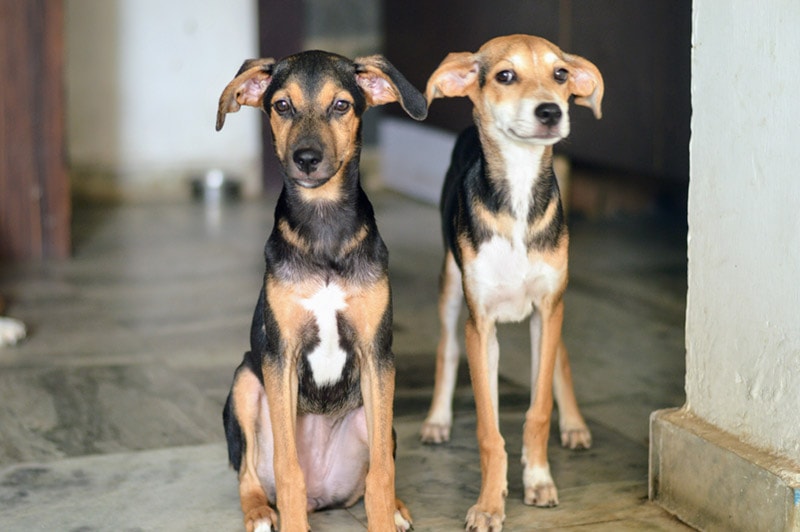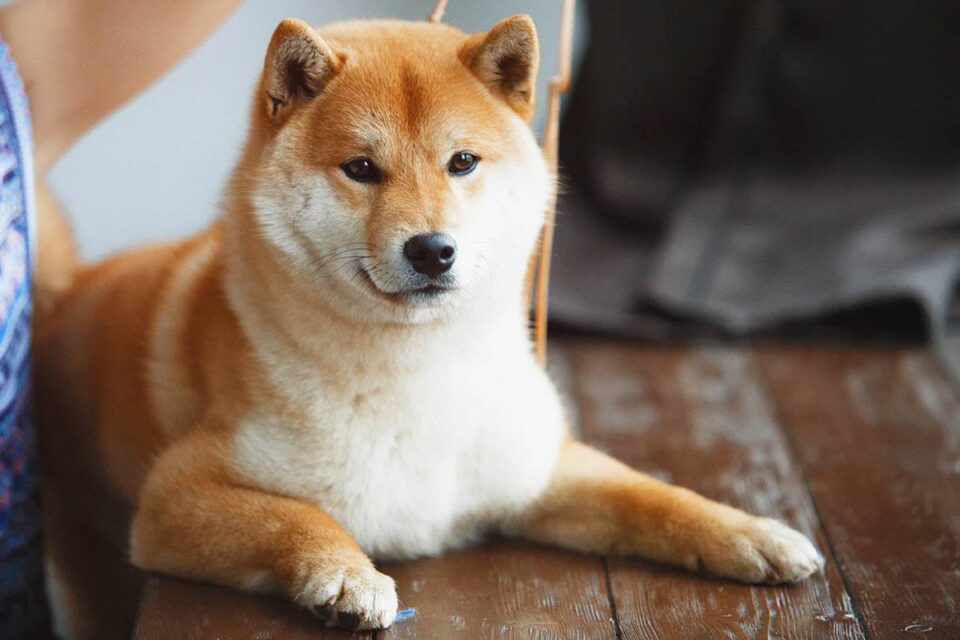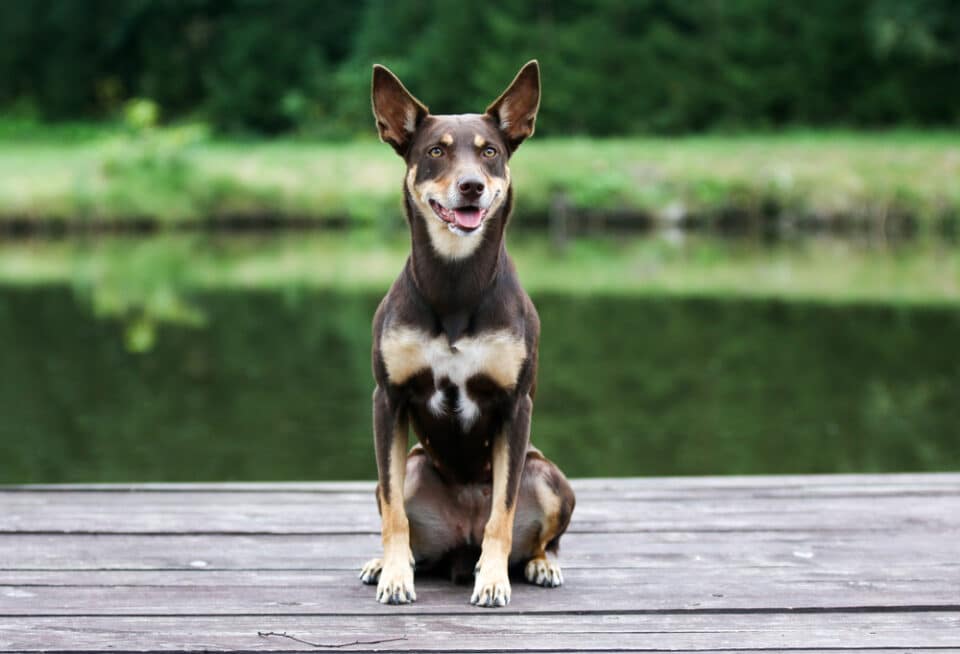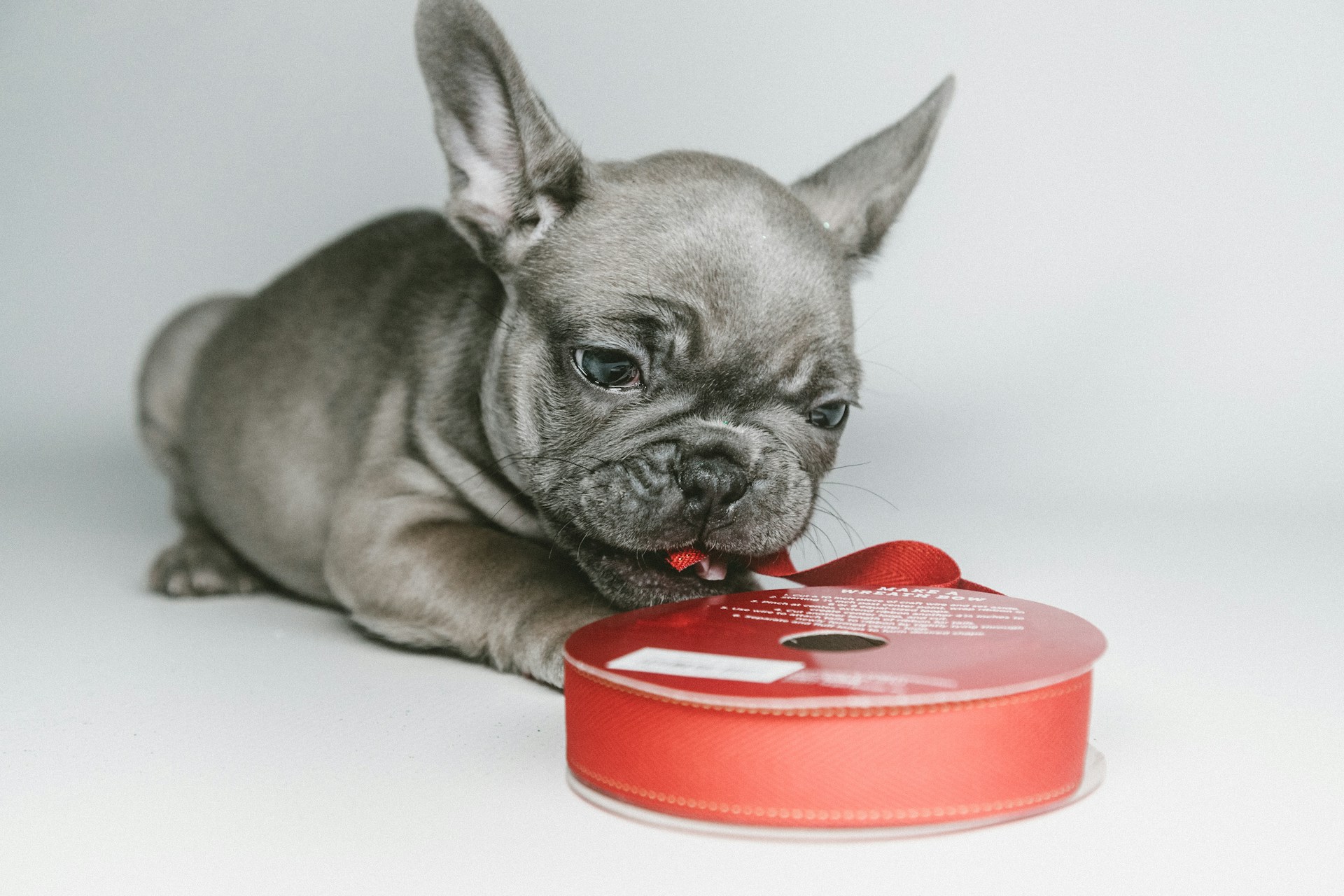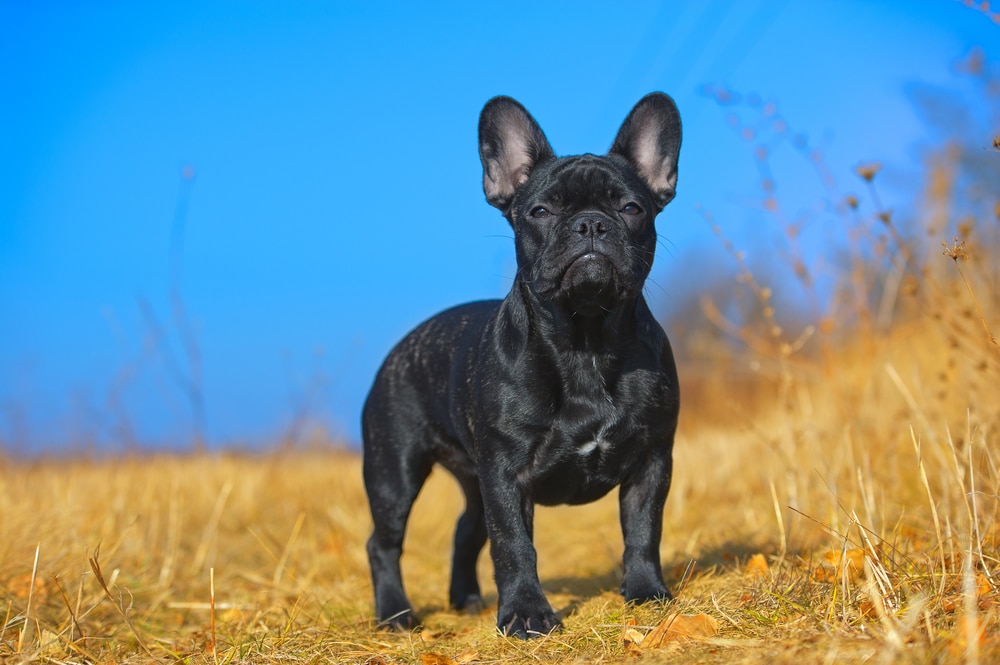Imagine a dog that embodies resilience and adaptability, and you might just be picturing the Indian Pariah Dog. Often found roaming the bustling streets of India, these dogs have a rich history intertwined with the landscapes and cultures of their homeland. Yet, they also transition into family life seamlessly, balancing their streetwise independence with affectionate companionship. So, what makes the Indian Pariah a dog worth knowing?
The Indian Pariah Dog, a landrace breed, is incredibly well-adapted to its environment. Unlike purebred dogs specifically designed to exhibit certain traits, Pariahs have naturally evolved with the streets of India as their training ground. This has resulted in a breed that is not just hardy but also versatile in its environmental adaptability. They can handle both hot and cold climates with ease.
These dogs are quite popular as pets in India, where their loyalty and intelligence shine through. They demand early socialization and consistent training to fit in with family life. Without it, they might become a bit territorial or show aggression toward other dogs. However, when socialized properly, they gel well with all family members and even accept friendly strangers.
Despite a life that may begin on the streets, Indian Pariahs are known for their lively demeanor, making them excellent companions for active families. They thrive with older children who can match their energy levels. Given their independent nature, these dogs are also ideal for families who might not be around all day—they don’t require constant attention like some other breeds.
Training an Indian Pariah can be a breeze given their intelligence, though their independent nature can sometimes challenge the patience of an owner. They benefit greatly from early socialization classes and might even excel in agility or canine sports. This not only improves their social skills but also keeps them mentally and physically stimulated.
Exercise is crucial for these high-energy dogs. Regular walks and playtime in a fenced yard are recommended to keep them fit and happy. This exercise requirement is arguably the most demanding aspect of owning an Indian Pariah, as they need a consistent 60 to 90 minutes of activity each day to channel their abundant energy.
Interestingly, while you may think this breed would be laden with health issues due to its street-dog origins, the opposite is true. Indian Pariahs are generally healthy dogs with few genetic problems, though they can be prone to obesity if overfed. Regular veterinary checks and a balanced diet can help avoid this.
Their grooming needs are minimal, making them quite easy to maintain. With proper care and attention to their exercise needs, they can live long, fulfilling lives of 13 to 15 years. It’s important to remember that while they’re generally healthy, they can be susceptible to parasites like ticks and fleas, given their origins.
One of the little-known facts about the Indian Pariah is its ancient lineage. They trace their roots back to the Neolithic Era, around 15,000 years ago. The name ‘Indian Pariah’ itself was introduced by the British before India’s independence, but these dogs are far older than the name suggests.
Adopting one of these dogs, especially outside of India, can be a challenge due to their scarcity. They are often adopted rather than bred and are sometimes transported from India to other countries. Yet, for those who succeed in bringing one home, the bond formed can be incredibly rewarding.
The Indian Pariah Dog is a testament to natural evolution and adaptability. While they may not be as common in households outside India, their loyal and spirited nature makes them a cherished breed for those who appreciate their qualities. If you’re considering adding a loyal and energetic companion to your family, the Indian Pariah might just be the perfect fit. Their unique history and adaptability make them more than just pets—they’re lifelong friends.
